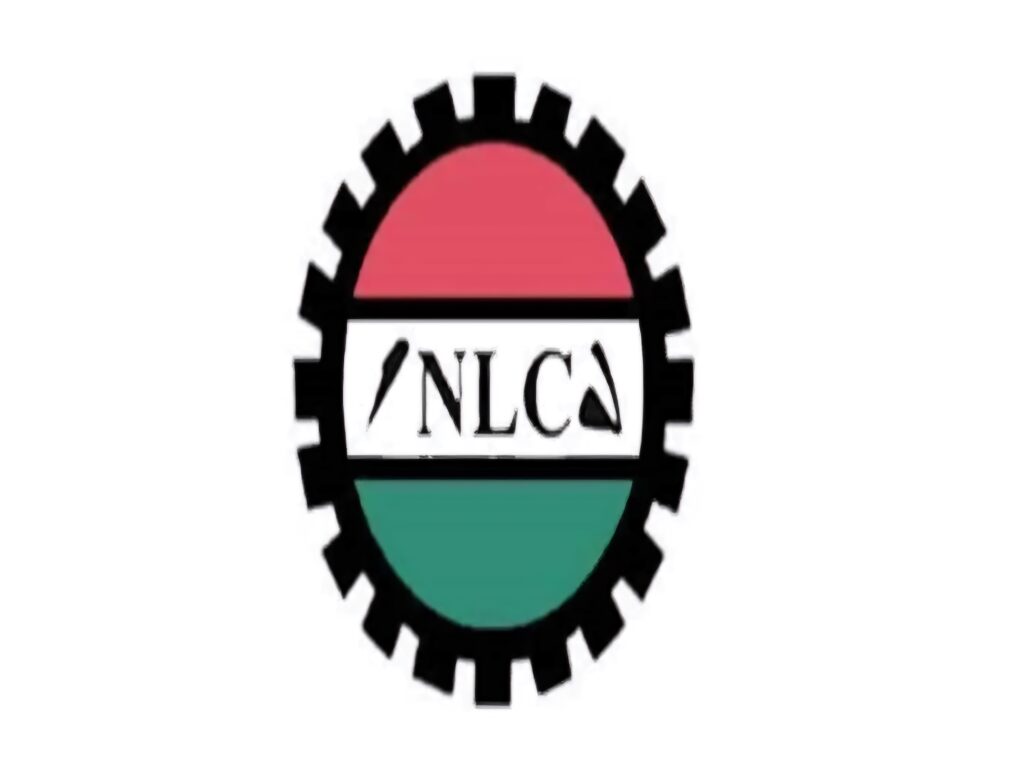The Nigeria Labour Congress (NLC) has raised concerns over the credibility of a recent report by the National Bureau of Statistics (NBS), which claimed a significant drop in the country’s unemployment rate.
According to the NBS report released on Monday, November 25, Nigeria’s unemployment rate decreased to 4.3 percent in the second quarter (Q2) of 2024, down from 5.3 percent in Q1 2024. Additionally, the employment-to-population ratio rose to 76.1 percent, indicating an increase in the number of employed individuals within the working-age population.
However, the NLC, represented by its national assistant general secretary, Chris Onyeka, has vehemently criticised the report. Speaking to Punch, Onyeka described the figures as a “voodoo document” that fails to mirror the harsh economic realities faced by Nigerians.
“Unemployment cannot be coming down in Nigeria when factories are closing shops,” Onyeka argued. “It cannot be coming down when there is increasing inventory and reduced consumer spending. If anything, unemployment is increasing.”
He further questioned the methodology employed by the NBS, calling it a “figment of imagination concocted by people who want to manipulate figures.” Onyeka challenged the bureau to provide concrete evidence of the sectors purportedly creating jobs, insisting the data was inconsistent with the prevailing economic landscape.
“Where are the jobs coming from?” he asked. “Is it from employers who are complaining of consumer resistance and slowing economic activities? It doesn’t add up. Once data does not reflect reality, it loses relevance.”
Onyeka accused the NBS of losing its credibility, likening its perceived failure to that of other national institutions, such as the Independent National Electoral Commission (INEC).
The NLC’s response underscores broader scepticism about official statistics in a nation grappling with economic challenges, factory closures, and reduced consumer purchasing power. The NBS has yet to respond to the NLC’s criticisms.



